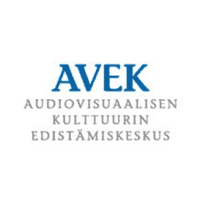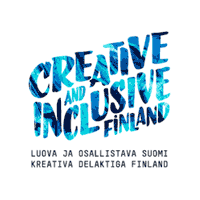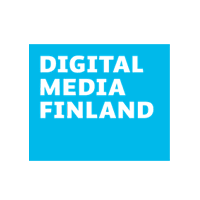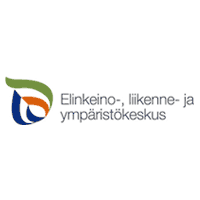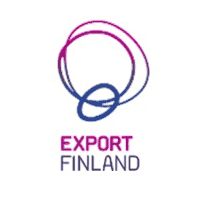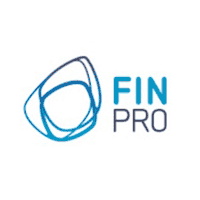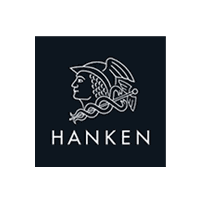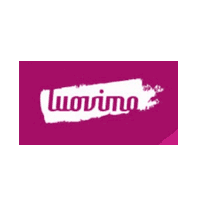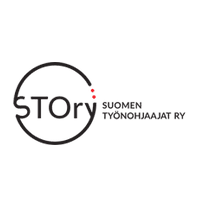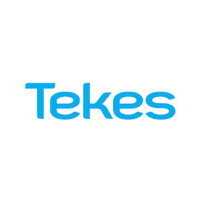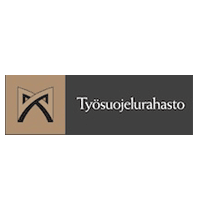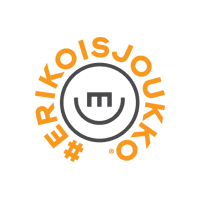Current issues in arts and business
We live in a time of fundamental transformation on many levels: cultural, technological, political, social, and ecological. Knowing this, it is important to raise awareness of the economical, social and cultural value Arts Managers and Cultural Entrepreneurs’ can create by promoting their natural expertize for organizational development outside the cultural field.
Due to rapid changes in global economy, organizational competences and new businesses are developing more and more on the base of employee activism, creativity and customer engagement. In order to survive, organizations are seeking ways to engage people with entrepreneurial and creative mindset that enable dealing with these trends and developing competitive products and inspiring working communities.
The role of art is changing along with the rest of the world. Current discussions about art are very much centered on the question of art activism, the ability of art to function as an arena or medium for political protest and social activism. According to Boris Groys, art activism is central to our time because it is a new phenomenon. As opposed to critical art, most familiar in recent years, art activists do not want to merely criticize the art system or general political and social conditions, but rather change these conditions by means of art. Art activists have accepted the instrumental value of art and want to work outside the art system with attempts to combine art and social actions in “changing the world” (Groys, 2014)
ReDoMe® is a platform for promoting innovative and creative activities within organizations. Artistic practices present great potential for organizational development and enable important initiatives in customer and employee engagement by joining culture and business, social responsibility and profit making activities.
Collaboration with creative professionals outside the creative industries often reveals also dilemmas: competing logics and clashes, especially within managerial activities. Artistic tradition encompasses ”innovation, exploration and innovation”, whereas conventional managerial discourse emphasizes ”calculation, standardisation and measurement” (Chiapello, 1994). If these differences in logics and practices are seen as learning opportunities, the collaboration may promote professional development and creation of social, economical and cultural value on both sides of the table.
Resources:
Chiapello, E. 1998. Artistes versus Managers. Paris: A.M. Métailié
Groys, B. 2014. The truth of Art & On art Activism. Journal #56 E-flux



